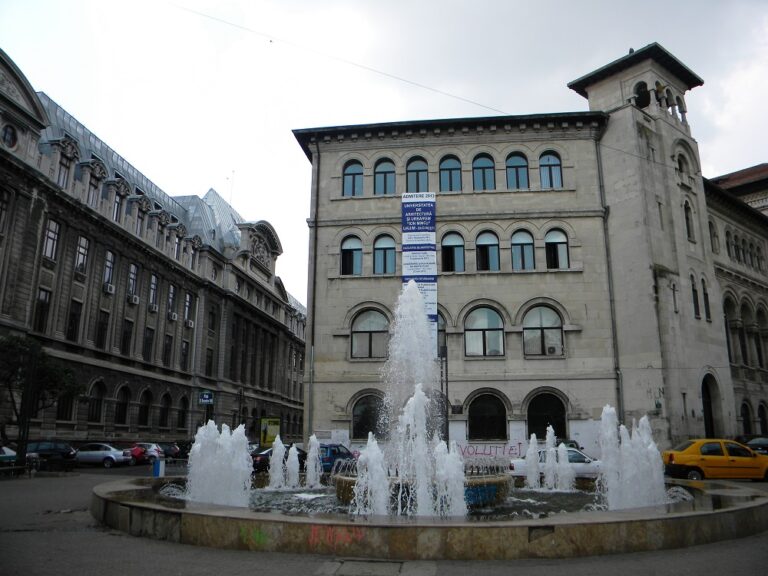In July 2021, NGO Association for Urban Transition and its mobile lab for participatory urbanism, Urboteca, organised the DANUrB+ Summer School: Urban Exploration Workshops for Youth. This series of knowledge transfer and education sessions around urban space were part of the local activation of the international project DANUrB+ in Giurgiu, Romania. They were developed locally in Giurgiu in partnership with “Ion Mincu” University of Architecture and Urbanism and Giurgiu Municipality.
The programme was dedicated to young people interested in discovering Giurgiu with new eyes, exploring the heritage of the city through its buildings, streets, spaces and collective stories with the aim of gaining a better understanding of the local challenges and opportunities.
There is limited attention given to urban space and the social and architectural heritage of Giurgiu, especially within traditional school programs or extracurricular activities. Therefore, young people have little understanding of how the identity of the city has been shaped through its industrial and post-industrial heritage and how they can get involved in advocating for a city that is closer to their needs and wants.
The aim of this summer school was to offer young people a set of concrete tools with which they can actively question and suggest changes to the way heritage valorization happens in their city and neighbourhoods.
A group of 11 young residents of Giurgiu took part in the summer school, guided by Urboteca tutors and students from the Urbanism Faculty at “Ion Mincu” University of Architecture and Urbanism in Bucharest. The youngsters gathered one day per week in July in the courtyard of the Regional History Museum “Teohari Antonescu” in Giurgiu, where we ran the workshops around Urboteca’s mobile lab.
The 4 day-long workshops taught skills such as urban observation, critical thinking for analysing the city, interview and film-based ethnography, storytelling and video montage. Each workshop covered elements of theory as well as practical case studies from organised trips to industrial heritage sites in the city such as the active shipyard and the water centre. The participants became more confident in questioning what happens with the urban space in Giurgiu and why, which led each of them to develop stories about their city. These were brought to life with resident interviews, urban footage and personal reflections in the form of posters and short films.
The program landed well with students who proved excited to have a creative outlet to express their views on the place they live in as well as learning how to use interactive tech such as live-tracking tools and video to explore Giurgiu.
Their critical analysis of the city also helped raise awareness of the need for more active heritage valorization work in Giurgiu. In a final public event to wrap up the workshop series, students had their posters and short films exhibited for Giurgiu residents to understand more about what’s at stake in Giurgiu and the challenges and opportunities that the city is facing.
The creative methodology developed for this series of urban exploration workshops has been documented and is part of a set of educational guidelines presented for future implementation. The integration of this methodology as part of alternative school or extra-curricular courses in local highschools or technical school is part of the Action Plan for Giurgiu which will be developed in close collaboration with local authorities and scholar institutions in Giurgiu.


